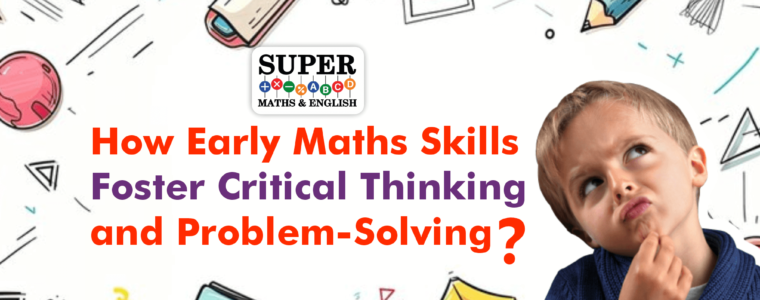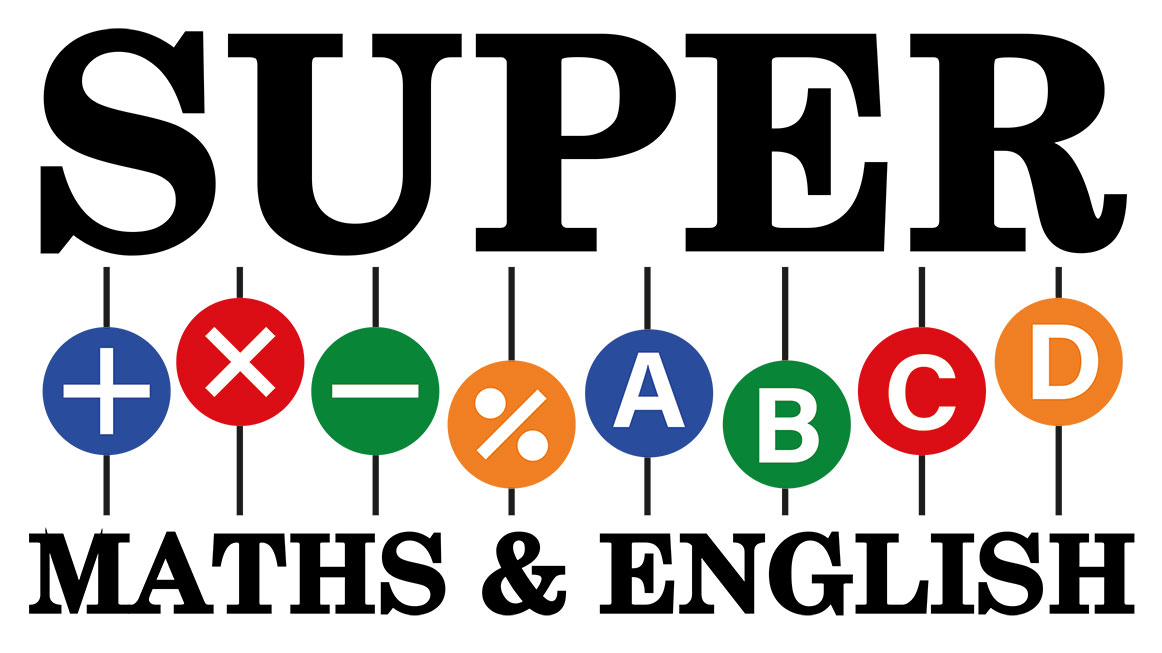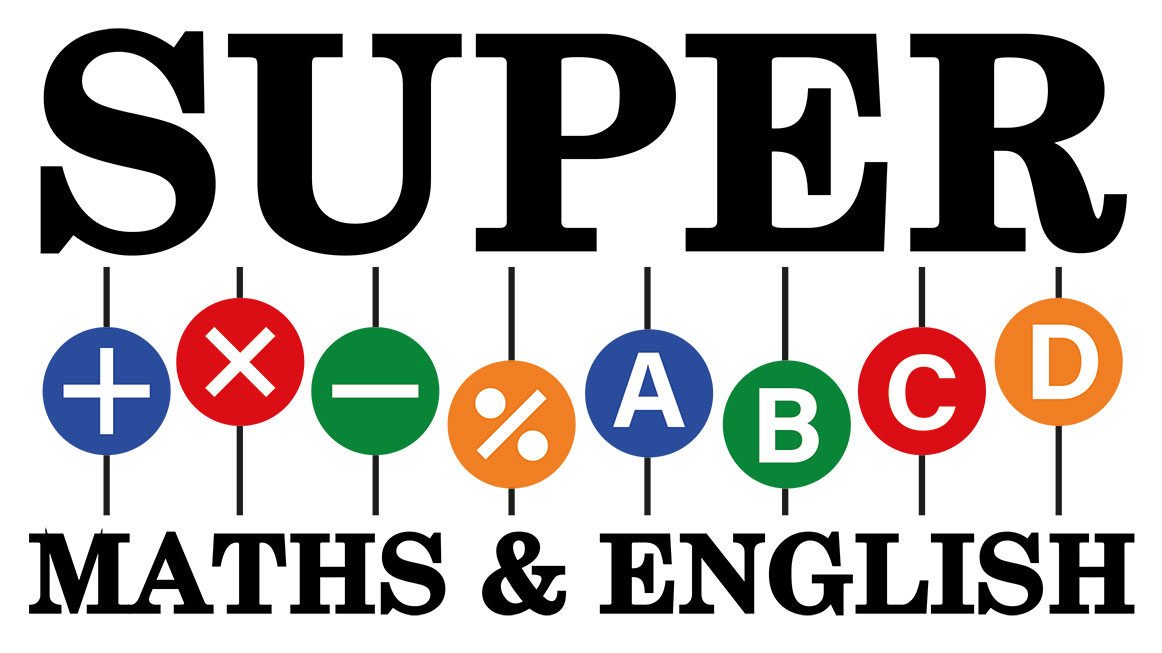
Early maths skills serve as a fundamental building block for developing critical thinking and problem-solving abilities in young learners. When children engage with mathematical concepts from an early age, especially through tools like the abacus, they build cognitive frameworks that extend far beyond number recognition and counting. These foundational skills set the stage for analytical thinking and creative problem-solving that benefit children throughout their academic journey and beyond.
Early Maths Skills Benefits
Integrating mathematical concepts early in childhood education, particularly with the abacus, offers numerous cognitive benefits. As children explore basic principles, they develop pattern recognition and logical reasoning. Using the abacus enhances this process, helping children visualize numbers and operations. This approach empowers them to tackle problems methodically, fostering innovative solutions across subjects and in real-world situations.
Developing Sequential Processing Skills
Exposure to abacus learning strengthens sequential processing abilities, allowing children to break down complex problems into manageable steps. The tactile nature of the abacus supports this, helping children track numbers and operations both visually and physically. This systematic approach becomes invaluable as children advance through more complex concepts in their educational journey.
Enhancing Memory and Mental Flexibility
Practicing mathematics with the abacus strengthens memory and mental flexibility. When children manipulate numbers and operations, they exercise their working memory and improve their ability to process information mentally. This mental workout enhances their ability to retain and recall information, supporting overall academic learning.
Building Mathematical Language and Communication
Learning to express mathematical concepts verbally through the abacus boosts communication skills. The vocabulary associated with abacus learning, from counting to operations, helps children articulate complex ideas and logical processes. This mathematical language becomes a powerful tool for explaining concepts in other subjects as well.
Fostering Creative Problem-Solving
The abacus encourages critical thinking by providing a range of approaches to solve mathematical problems. This exposure nurtures creativity, as children experiment with different strategies and select the most efficient one. By learning that there is no single correct way to solve a problem, they develop innovative thinking that will serve them well in higher education and future careers.
Real-World Application of Mathematical Skills
Early maths skills are extended beyond the classroom. Children can apply their logical reasoning to everyday challenges, from managing time and resources to making informed decisions. The abacus provides a tangible way to connect academic learning to real-world situations, making maths feel relevant in daily life.
Building Resilience Through Mathematical Challenges
Early exposure to mathematics, particularly with the abacus, helps children build resilience. Working through challenges teaches them that mistakes are opportunities for growth and that success often requires persistence. This mindset becomes valuable in later academic years and professional life, where challenges are more complex.
Impact on Overall Academic Success
The confidence gained from mastering abacus-enhanced mathematical concepts has a ripple effect across other subjects. Children who feel capable of tackling mathematical challenges are more likely to approach other academic areas with confidence and an analytical mindset. This positive outlook creates a strong foundation for lifelong success in education and beyond.
By garnering early maths skills through abacus learning, we equip children with essential tools for academic and personal growth. The problem-solving and critical thinking abilities developed through abacus learning become invaluable assets, preparing young learners for the challenges of an increasingly complex world.
Related Articles
Abacus Maths for Beginners: 5 Steps to Mastering the Life Skill
How to Help Young Children Develop Strong English Language Skills?
E-Learning for Kids: How Virtual Classrooms Can Boost Early Education?
Is Abacus Only Mental Maths Practice or a Skill to Be Learned for Life?
Offline And Online Abacus Maths Classes- Benefits & Challenges
Early Education in UK | Children’s Abacus Classes in Scotland | Abacus Learning for Kids | Maths Free Classes in UK | Problem-solving Skills in Children | Early Maths Education UK | Cognitive Development Through Maths | Early Childhood Numeracy | Logical Reasoning for Kids Classes Free | Learning Maths With an Abacus | Online Maths Classes in the UK




